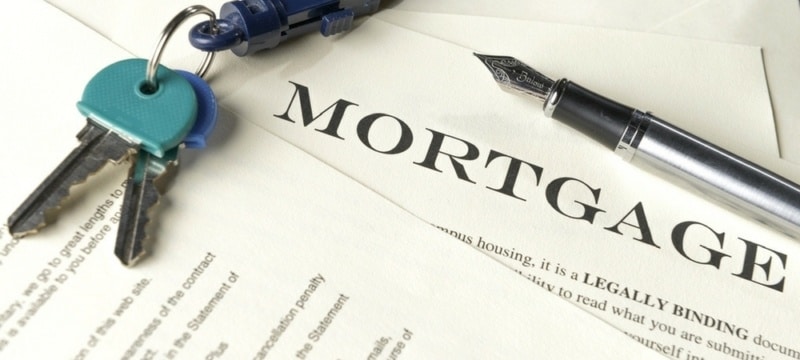When you pay off your mortgage loan in full, your lender is required to return any tax and insurance mortgage escrow money back to you.
Q: I hope you can help me with this question. I have been searching the Internet and reading as much as I can on The Dodd-Frank Act and cannot find a clear answer. I did read an FAQ concerning loan escrows but it was not specific.
Is it legal for a lending institution to net out the balance of an escrow account to pay off a mortgage loan?
A: If your question relates specifically with the Dodd-Frank Act, you may be referring to the Consumer Financial Protection Agency and certain oversight of financial institutions with their interaction with consumers.
Perhaps your question relates to a mortgage lender’s ability to use funds held in a mortgage and insurance escrow account to pay a shortage in the funds necessary to pay off a loan or to use those funds to pay down the amount owed the lender after a short sale.
Usually a lender reconciles the amounts in an escrow account when a loan is paid in full. At that time, if the borrower is owed money from the escrow, the borrower is repaid that money. However, the lender may not be required to pay that money back to the borrower if the borrower still owes the lender money.
Most standard mortgage documents provide that the lender will return the money held in the escrow account to the borrower once all amounts owed the lender have been paid in full. We think that your best bet is to review the rules relating to escrows under the Real Estate Settlement Procedures Act (RESPA).
You can find more information on escrows and RESPA at www.HUD.gov.
If you completed a short sale, one of the documents you might have signed as part of the short sale process is a waiver document that would allow your lender to apply all of the funds held in the escrow towards the balance owed the lender.
If you paid off your lender recently and the payment was delayed and additional money was owed to pay off the lender, the lender might have taken the amount owed under the loan and sent you the balance held in the escrow account you had with the lender for real estate taxes, insurance and private mortgage insurance.
You should know, that if the lender did not net out the amount it was owed on the payoff with funds from the escrow account, the lender’s lien on your home would not have been released, you would have continued to incur interest costs and you or your settlement agent would have had to send an additional payment to the lender to close out the account.
If your circumstances differ from these and you have an issue with your lender and you can’t find the answers at www.HUD.gov, you might want to talk to an attorney that has extensive experience with lender escrows and the RESPA rules.







Recently refinanced my fha loan. Streamline. Told it would cost nothing. I would have to write a check for the amount held in escrow with The Money Source and 2 weeks after closing the new loan I would receive a check for what was in escrow. After 3 weeks & no check I started making calls. I was told by the money source that they applied it to pay down the mortgage, which makes no sense as the loan amount is higher than before the refinance. It’s my distinct understanding that this is against the law. What can I do?
I have a mortgage which I’ve been paying for approximately 2 years,This year I was told I would be getting a refund mailed as of 03/22/2017 My recent experiences with escrow refund is that they are mailed with statements at the end of the year I proficiently receive my statement monthly but no escrow refund check I was told after contacting my mortgage company again on04/11/2017 this check would be mailed in 7-10 business days but still no check I contacted the mortgage company again and confirmed my address which is listed on my account and all statements and correspondence currently contacted by me I am still waiting on this escrow payment and is beginning to think I am getting the run around on this payment..what can I do?
Is there a time limit for refund of escrow. (Florida). If so are there penalties/fines for a lender that delays getting the refund to the homeowner after settlement?
George Callaghan